In a recent revision of Australia's amateur radio licensing policy, the Australian Communications and Media Authority (ACMA) has implemented significant changes that affect the prefix of callsigns for certain territories. Among the most notable changes is the reclassification of Heard Island’s callsign prefix. Previously designated VK0, Heard Island is now assigned the prefix VK9, aligning it with Australia’s other external territories, including the Cocos-Keeling Islands and Christmas Island.
This adjustment is part of a broader shift that impacts other territories as well. Lord Howe Island, which was historically part of the VK9 region, is now considered a part of the state of New South Wales (VK2), while Macquarie Island, an isolated part of Tasmania, has also seen its designation change. Both are no longer considered external territories but instead fall under their respective state prefixes.
In addition to these geographic reassignments, the ACMA has further clarified the eligibility for Antarctic callsigns. Going forward, only licensed amateur operators actively serving in Australia’s Antarctic program will be eligible for callsigns from this region, making private DXpeditions to locations like Heard and Macquarie Island increasingly unlikely.
These changes, which have been enacted behind closed doors by government lawyers, have sparked some discontent within the amateur radio community. Many feel that the historical and traditional ties to these regions have been overlooked in favor of administrative simplification, a shift that could reshape how radio operators engage with these unique and remote locations.
In response, discussions are ongoing, particularly regarding Macquarie Island, with many in the community expressing frustration at the reduced opportunities for DXpeditions to such a rare and sought-after entity. As these regulatory adjustments unfold, further updates from ACMA and other relevant bodies will be crucial for the amateur radio community to ensure compliance and continue fostering the spirit of global communication and exploration.
For those planning DXpeditions, staying abreast of these regulatory shifts is essential. The ARRL DXCC Desk and other award bodies are likely to update their databases and systems in response to these changes, so operators must ensure that they log their operations correctly and follow the updated prefix guidelines.
In summary, the reclassification of Heard Island and other territories represents a significant shift in Australia’s amateur radio landscape. While this move aims to streamline callsign assignments, it also raises questions about the long-standing traditions of amateur radio and the future of private expeditions to these iconic locations. As always, staying informed and adapting to these changes will be key for operators looking to stay active in these regions.
For further reading on related changes, visit the full document by the ACMA.

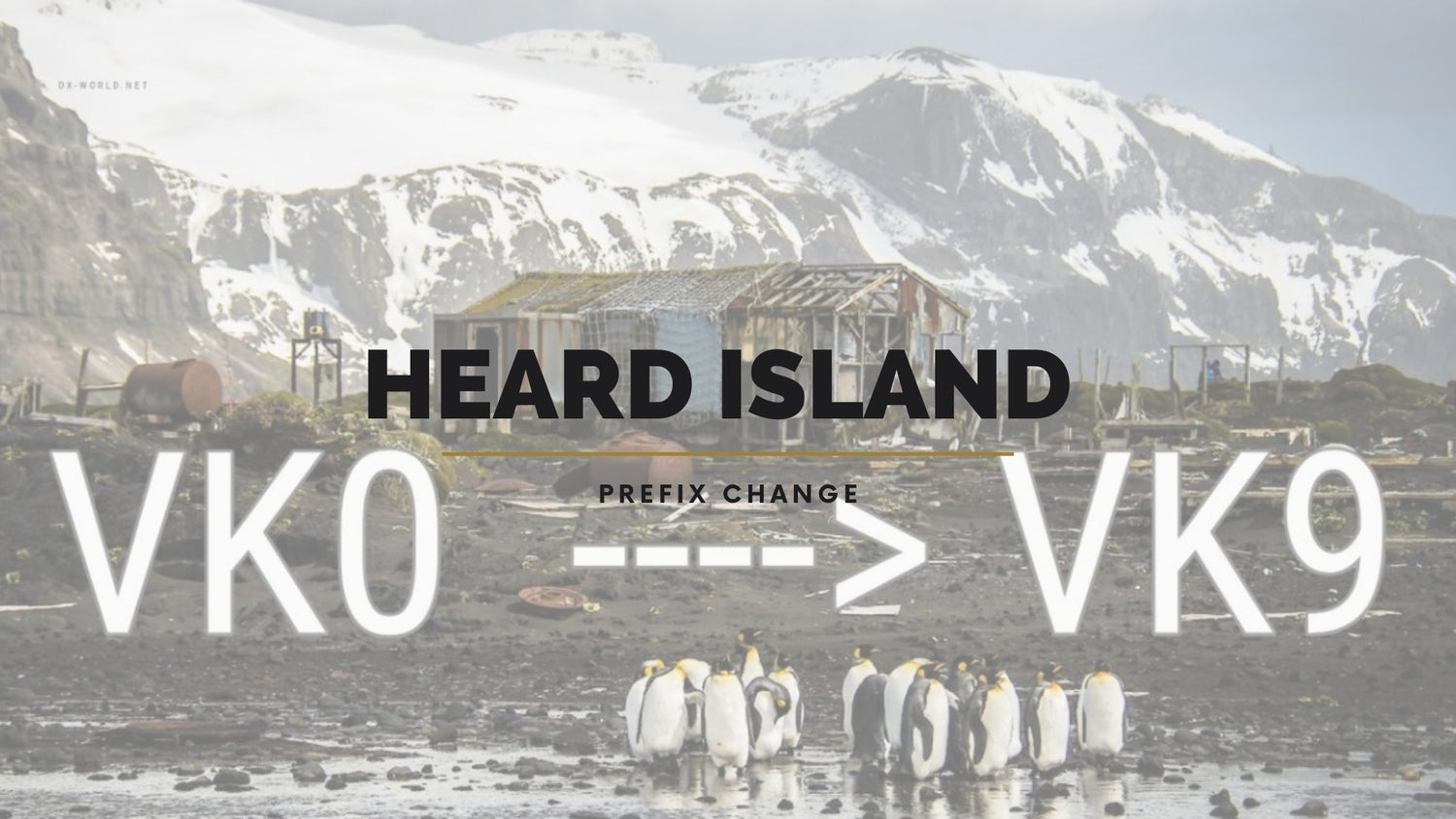
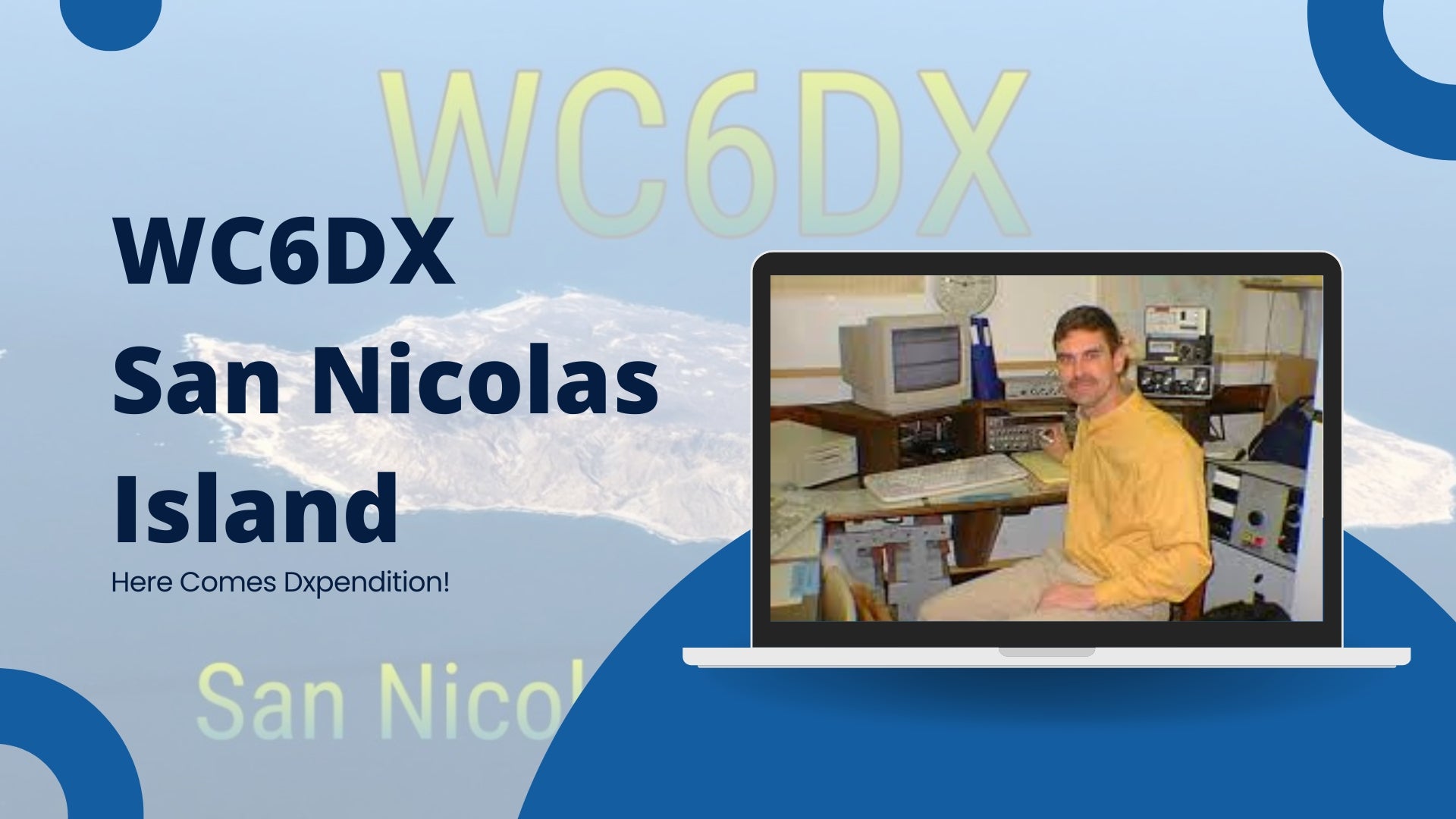

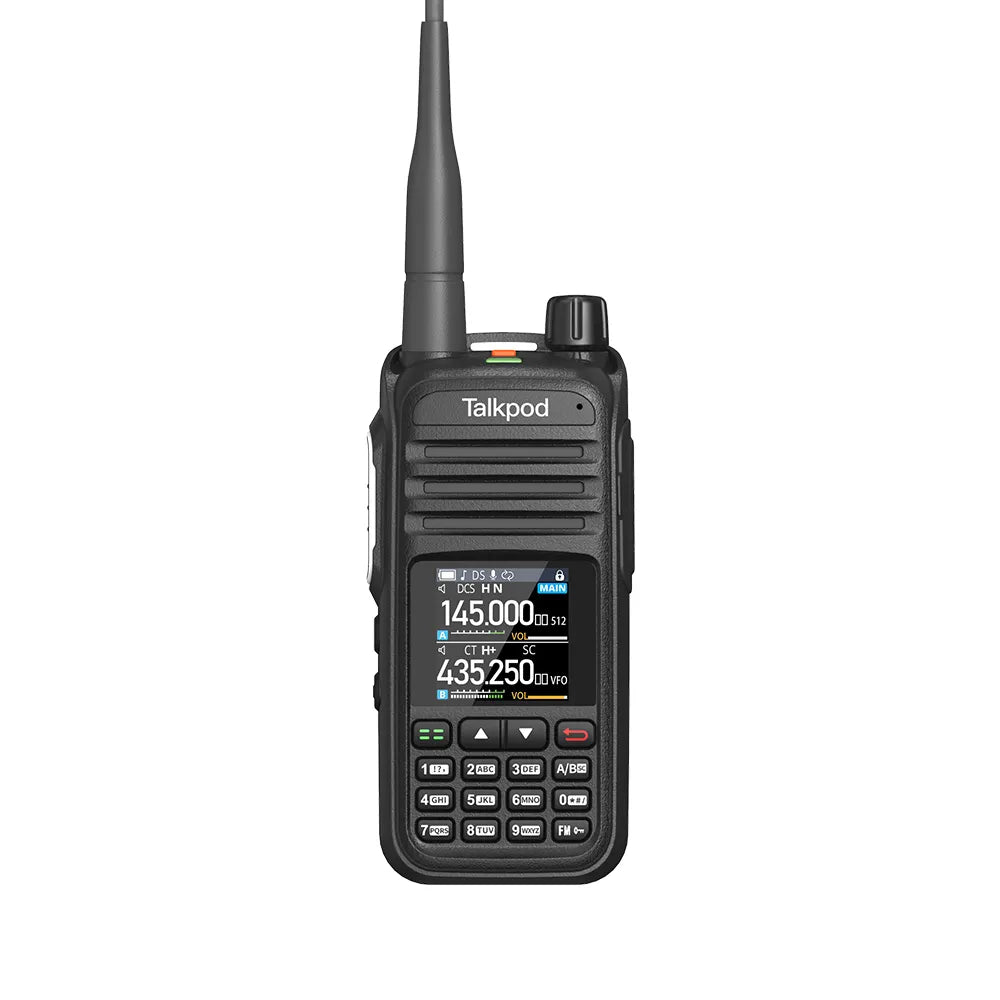
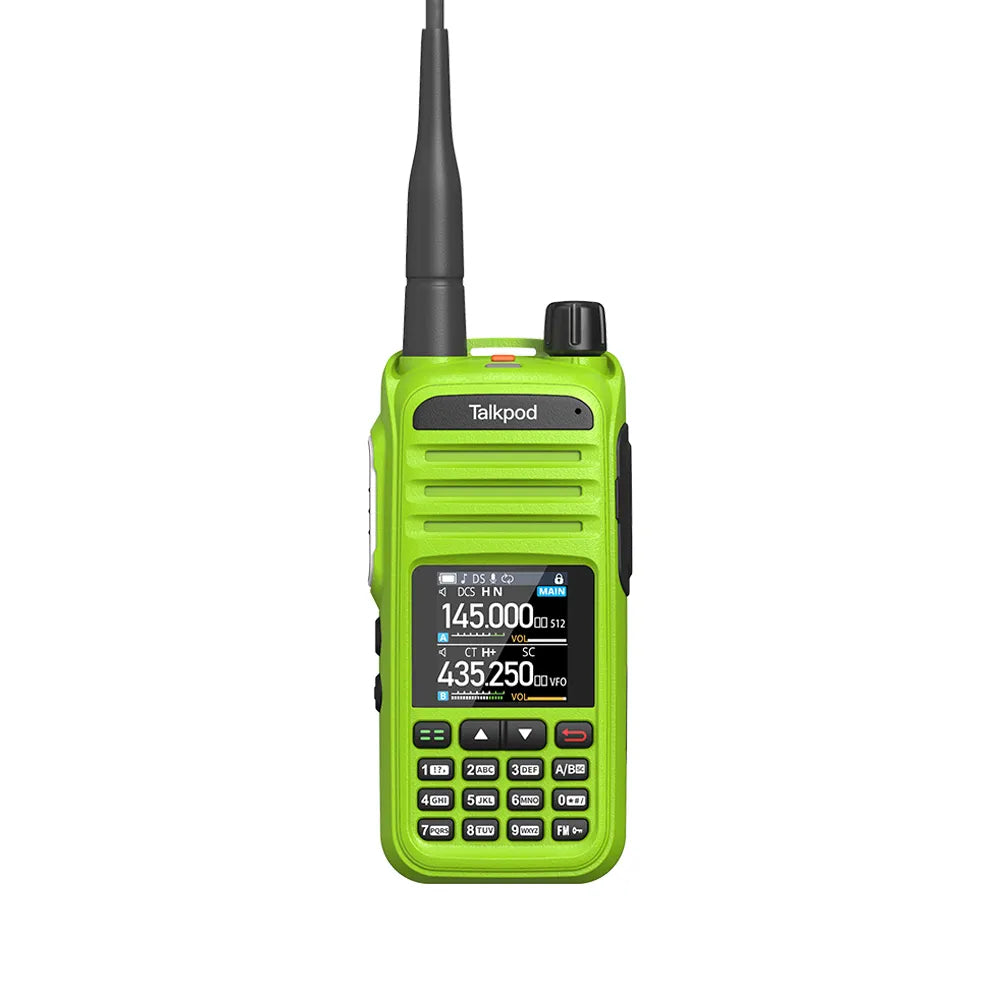
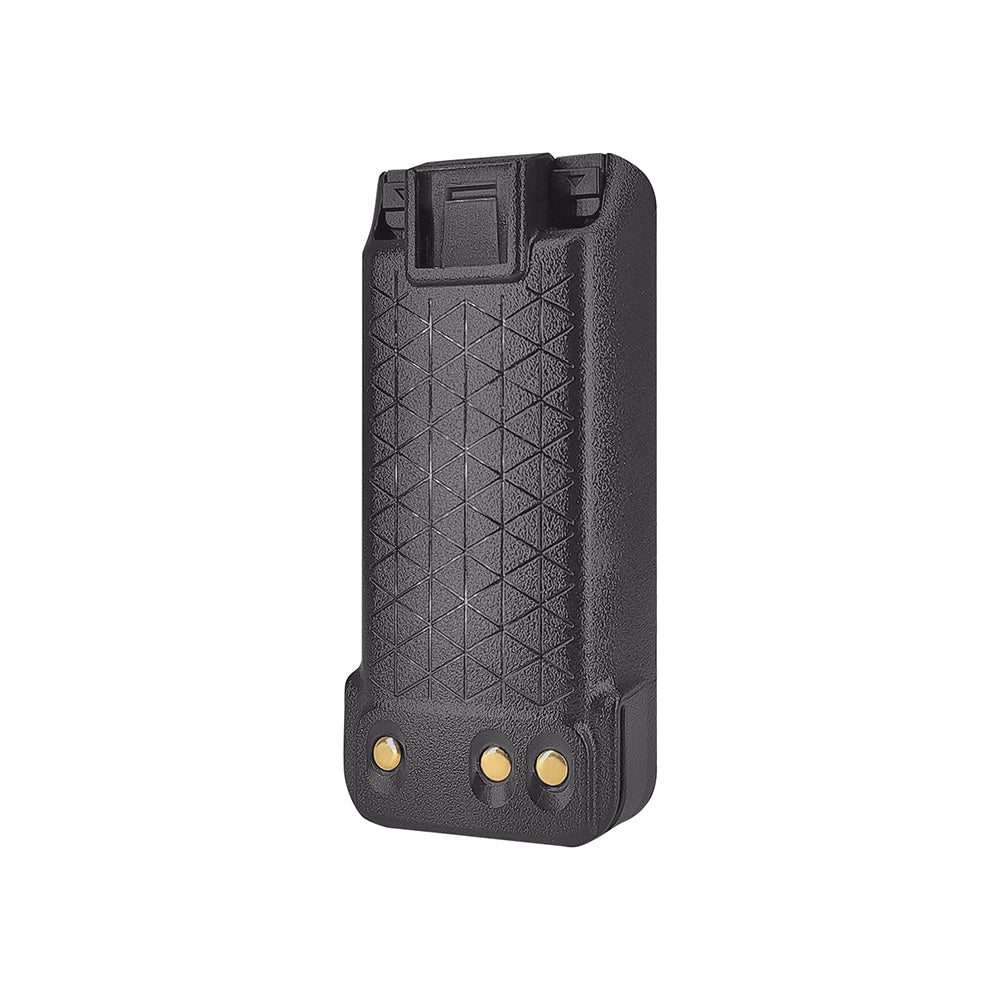
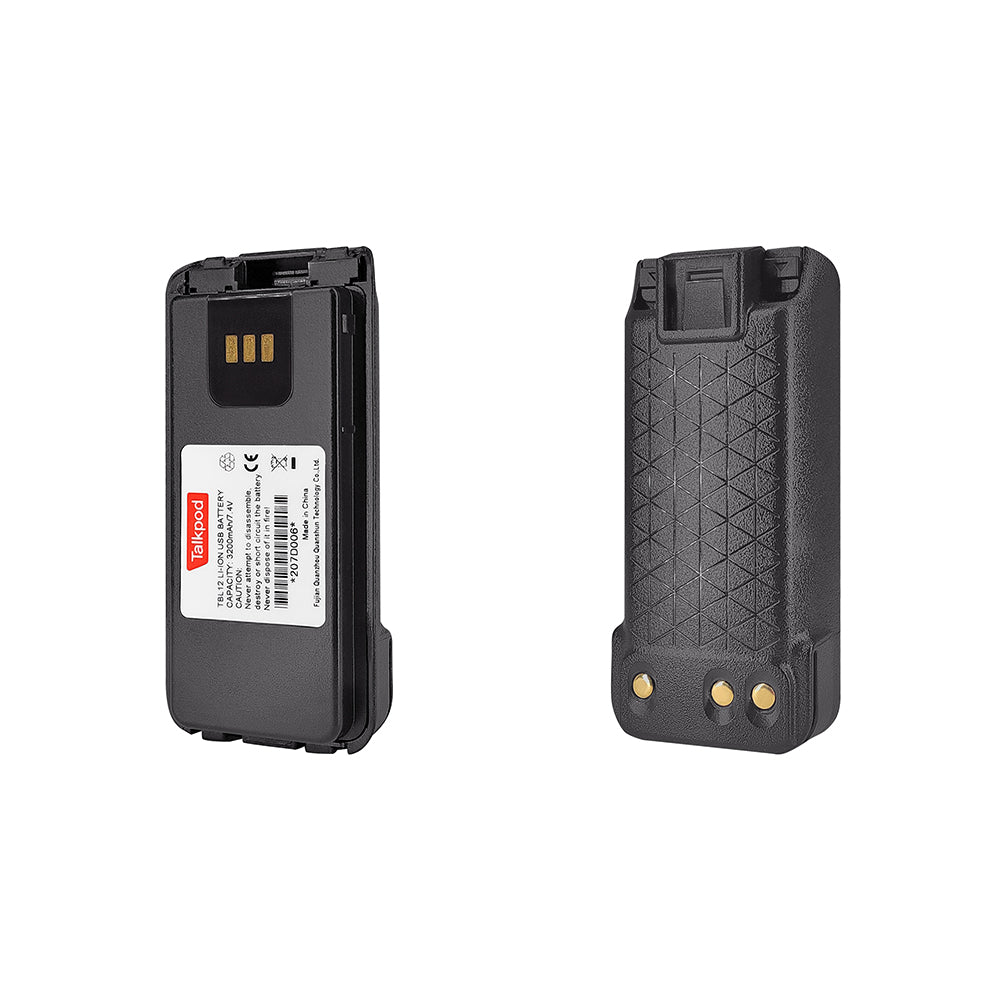
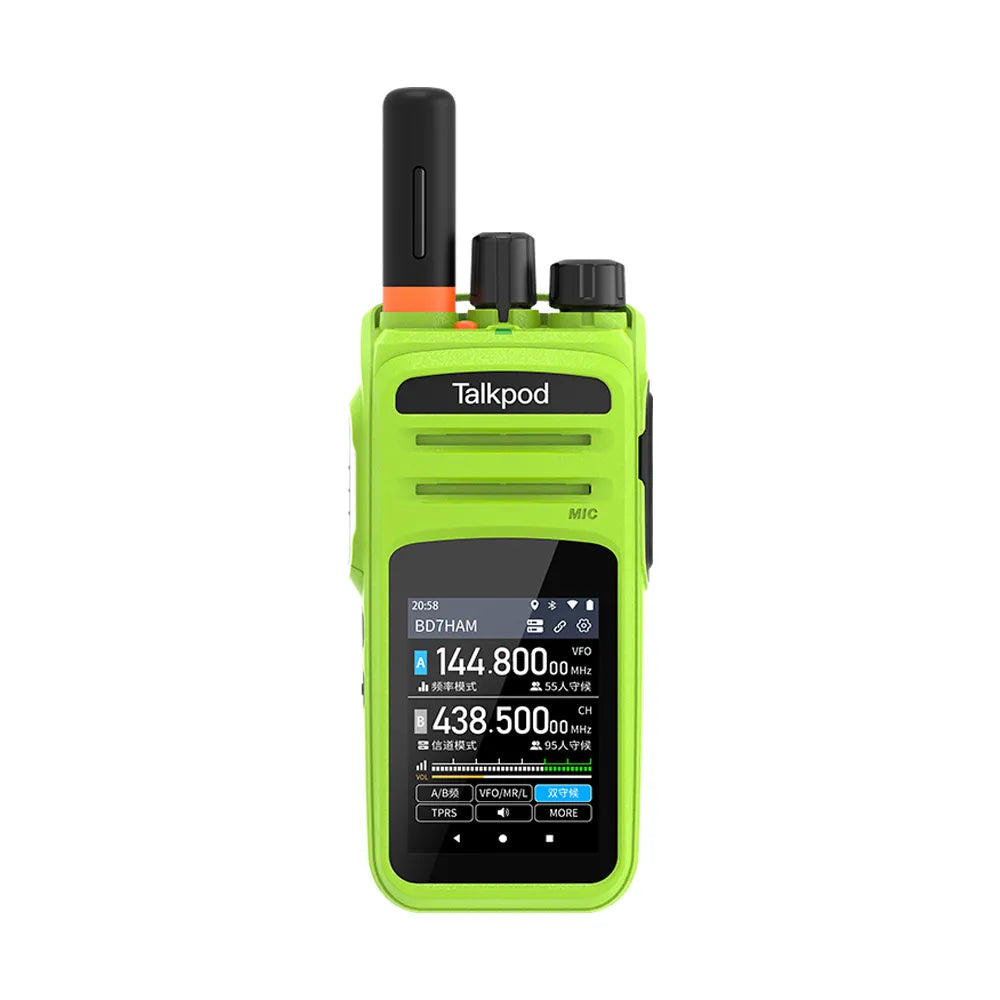
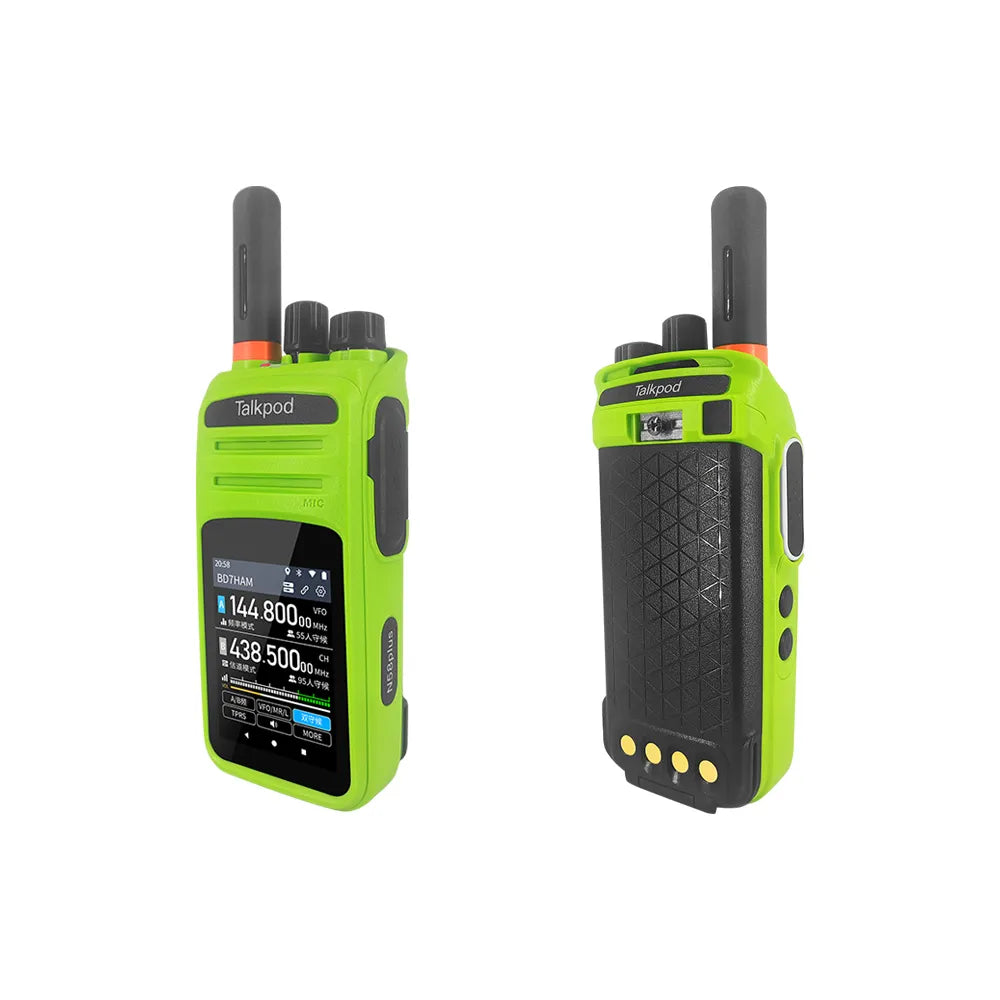
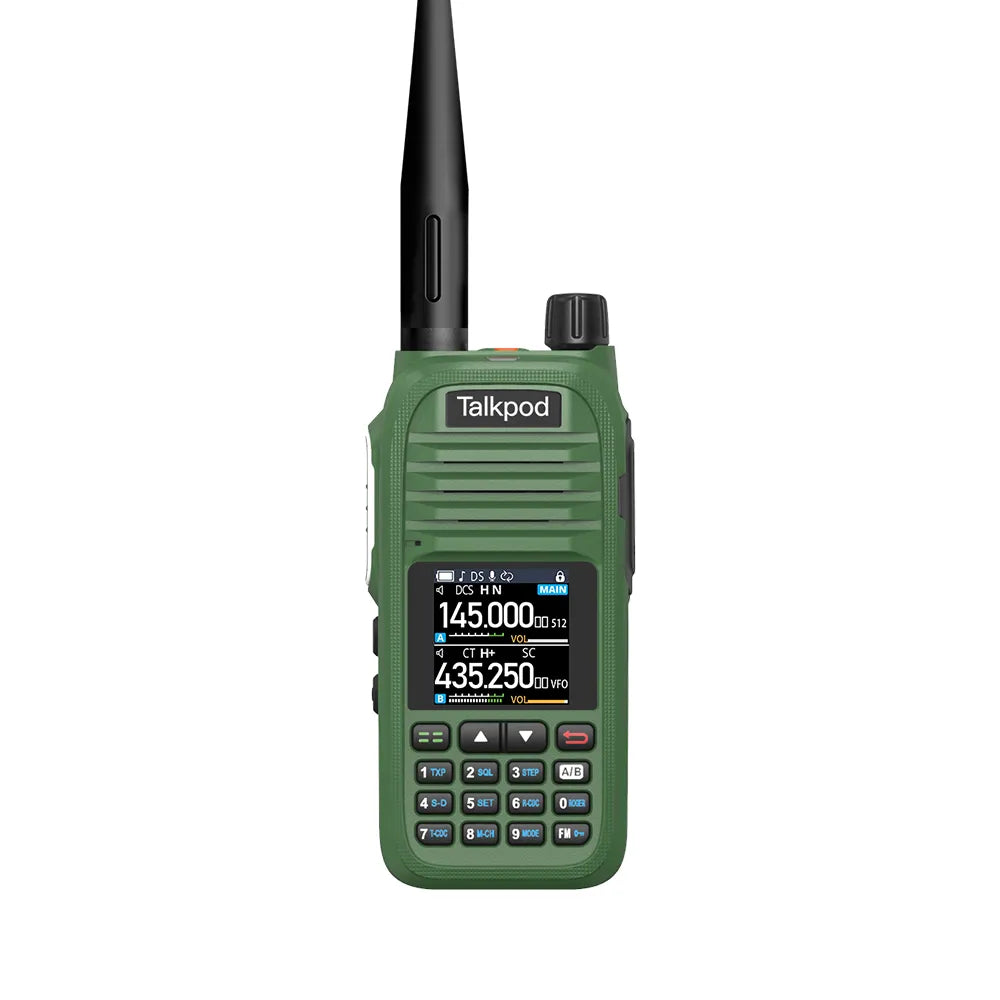
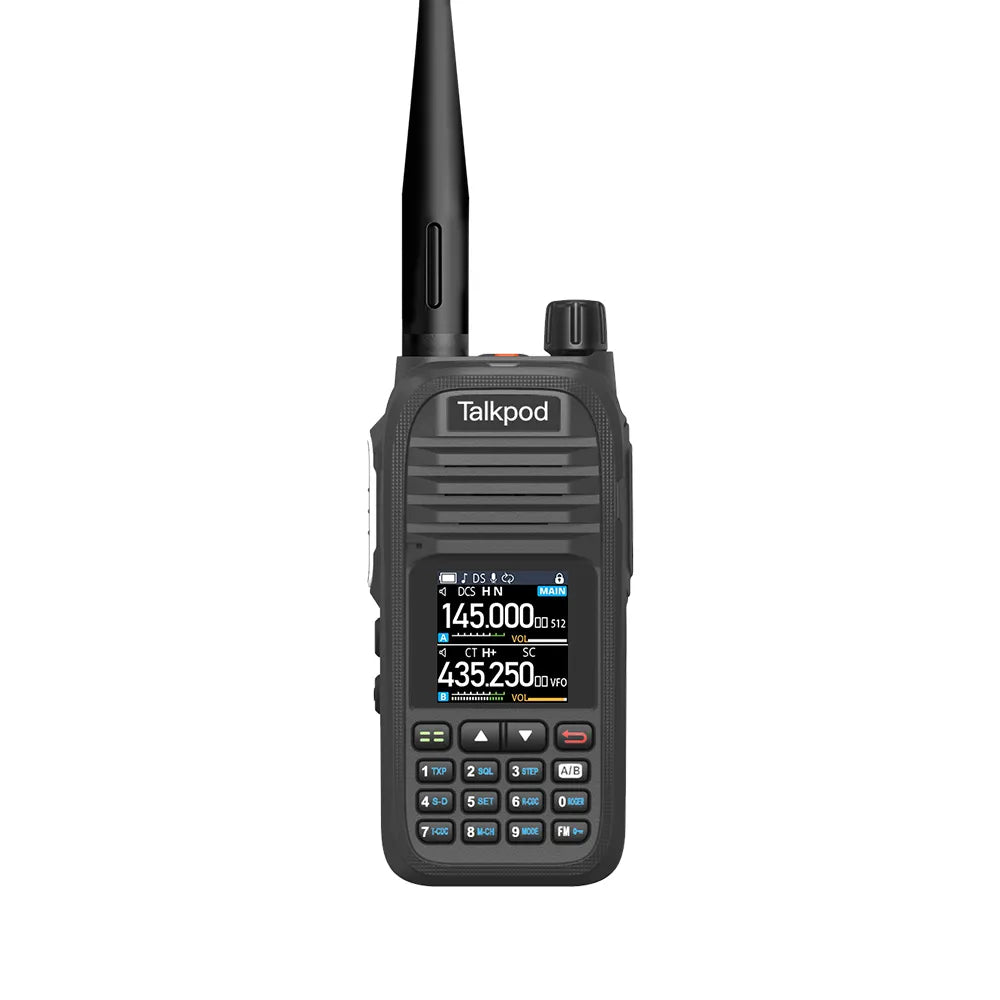
Leave a comment
All comments are moderated before being published.
This site is protected by hCaptcha and the hCaptcha Privacy Policy and Terms of Service apply.